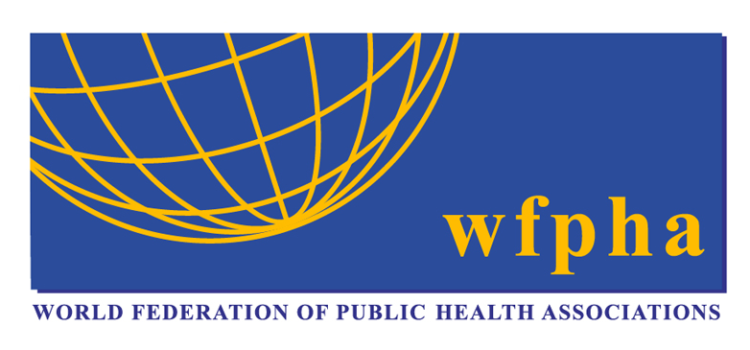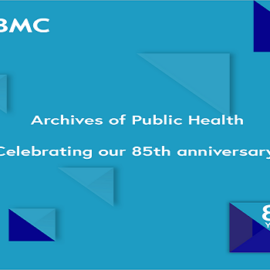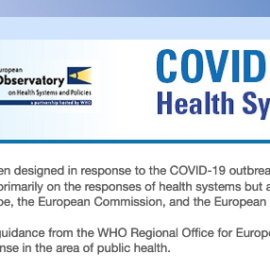
Updated 7 September 2020
Available in French, Spanish, Portuguese, and Chinese.
Immunization is one of the most successful public health measures of modern times. In fact, according to a recent World Health Organization (WHO) report on the prevention of infectious diseases, it is second only to clean water (WHO 2008). Annually immunization prevents an estimated 2.5 million deaths globally and reduces disease-specific treatment costs (WHO 2018).
For all the devastation caused by COVID-19, an important lesson is that the balance needs to shift from treating disease to preventing it. The WHO states that immunization has an important role to play in prevention not only for infants but throughout life as a key component of healthy ageing. Further, investing in vaccines specifically, and immunization generally, saves time, money and lives, and leads to healthier, sustainable healthcare systems and communities (UK Chief Medical Officers’ Guidelines 2011).
Specific to COVID-19, almost everyone is at risk and may require vaccination if given the opportunity. Hence, it is likely that demand will surpass supply. The concern of the WFPHA Immunization Taskforce is the tendency for the rich to acquire and pay for the limited supply of available efficacious vaccines to the detriment of the at-risk populations in low income settings.
Not surprisingly, the race to produce an efficacious and cost-effective vaccine for COVID-19 has been on-going and there are indications that success may not be too far away. There are important lessons, unfortunately, that experience has taught us from previous immunization programs. Even when effective vaccines are available, vulnerable persons in low income settings usually do not have access to these vaccines for some time, if at all. There is a myriad of reasons for this state of affairs. These include (among others) high cost of vaccination programs for countries, health systems, families and individual, individual’s poor geographical access to vaccination centres, and inadequate supply of available vaccines due to competition. To worsen matters, GAVI (The Vaccine Alliance) indicated (prior to COVID-19) its intention to wean itself off such funding support.
Therefore, the WFPHA Immunization Taskforce recommends
- The international community should widen the process of coming together to support research and development of cost-effective COVID-19 vaccines from multiple centres.
- The International community should establish a COVID-19 vaccination fund to support needy but resource-constrained countries.
- Supporting the efforts of the World Health Organization in efforts to coordinate the response to COVID-19 and in particular the coordination of efforts to develop an appropriate vaccine.
- National authorities should financially support the WHO and invest in strengthening national health systems with a particular focus on sustainable immunization programs
- GAVI should continue to work for equitable distribution of any effective vaccine against COVID-19 and postpone any plans of withdrawing funding support to developing countries.
References
GAVI (2020) COVID-19: massive impact on lower-income countries threatens more disease outbreaks https://www.gavi.org/news/media-room/covid-19-massive-impact-lower-income-countries-threatens-more-disease-outbreaks
WHO (2008) Vaccination greatly reduces disease, disability, death and inequity worldwide. Available at: https://www.who.int/bulletin/volumes/86/2/07-040089/en/. Last accessed: June 2019.
WHO (2018) Vaccines: the powerful innovations bringing WHO’s mission to life every day. Available at: https://www.who.int/news-room/commentaries/detail/vaccines-the-powerful-innovations-bringing-who-s-mission-to-life-every-day. Last accessed: May 2019.
UK Chief Medical Officers’ Guidelines (2011) Physical activity benefits for adults and older adults. Available at: https://www.health-ni.gov.uk/sites/default/files/publications/dhssps/physical-activity-info.pdf. Last accessed: June 2019.
Read more on the WFPHA website.



![[Video] Value-based Vaccination: What Is the Cost of Non-vaccination for Public Health? [Video] Value-based Vaccination: What Is the Cost of Non-vaccination for Public Health?](https://www.baph.be/wp-content/uploads/2020/11/wfpha-logo-270x108.png)